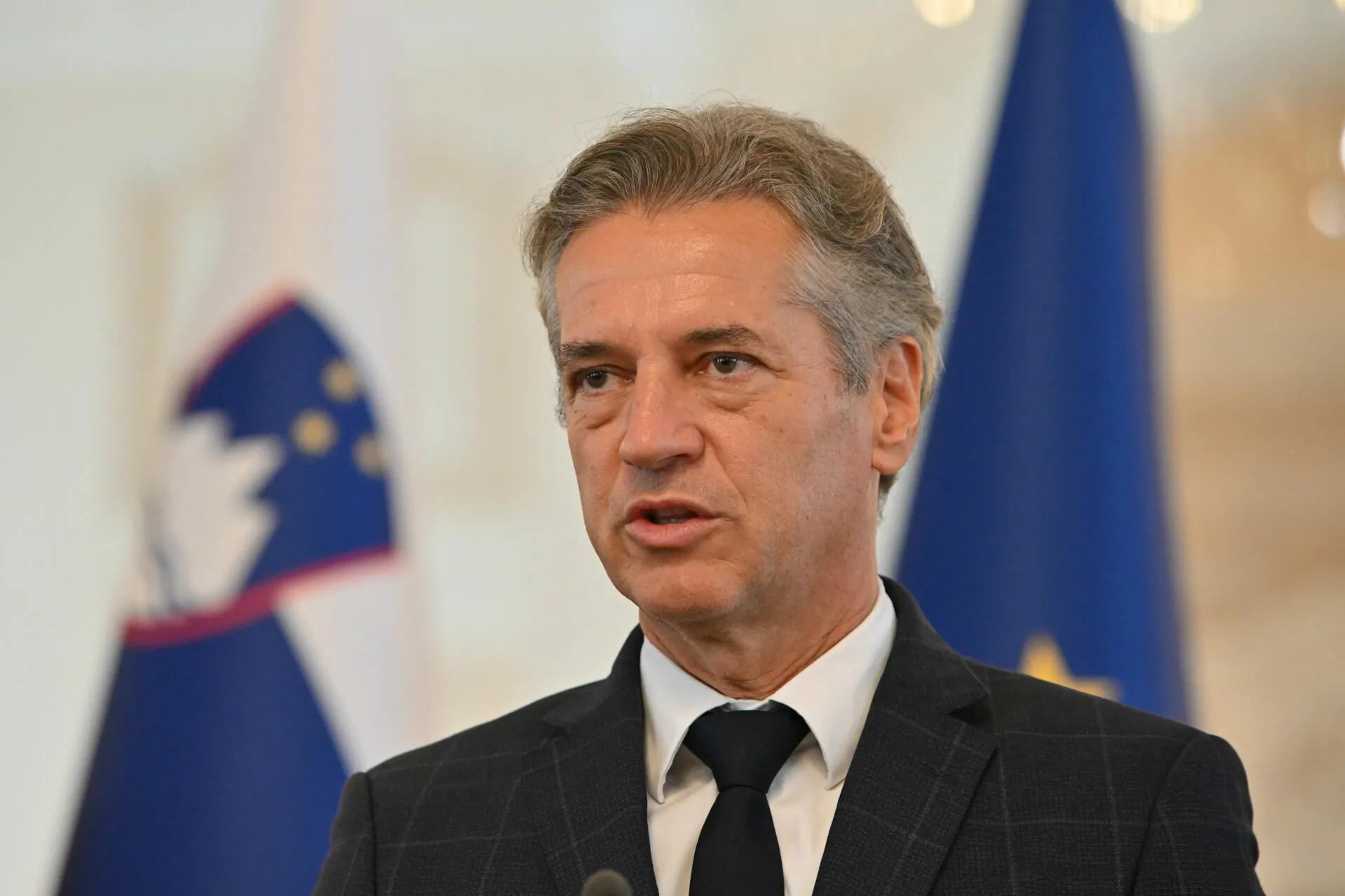By: Moja Dolenjska
The Government Communication Office of the Republic of Slovenia still refuses to disclose how Prime Minister Robert Golob voted in the case of four appointments involving his friend Tomaž Subotič. They reject the request for disclosure, claiming that the prime minister’s and ministers’ votes at government sessions are not public information. As a result, the Information Commissioner of the Republic of Slovenia will now decide on this matter at the request of our news outlet.
As previously reported, the government under Prime Minister Robert Golob voted four times on appointing Subotič to the boards of Celje General Hospital and the Ljubljana Psychiatric Clinic – three of those votes took place after Golob vacationed for free at Subotič’s villa in Karigador. This has raised suspicions that Subotič’s appointments may have been a quid pro quo for Golob’s free holidays.
On September 22nd, 2022, the government appointed Subotič to the board of Celje General Hospital. Then, on June 8th, 2023 – just days after Golob had vacationed at Subotič’s villa for the second time – the government appointed Subotič to the board of the University Psychiatric Clinic in Ljubljana.
Two further appointments followed on August 30th and October 19th. On August 30th, 2023, the government reappointed four of its representatives, including Subotič, to the board of Celje General Hospital, along with one representative each for insured persons and service users. On October 19th, 2023, the government again appointed four representatives to the board of the University Psychiatric Clinic, among them Subotič.
We therefore asked the government how many ministers were present during these four votes, what the voting results were, and how Prime Minister Golob voted. The Government Communication Office rejected our request, citing government rules of procedure that state: “The work of the government is public, except for the manner in which government members vote at sessions, communications during correspondence sessions, verbatim minutes of government sessions, and the discussions of members and other participants at those sessions.”
Because we believe that information about how individual government members vote cannot be classified – especially so the public can monitor potential conflicts of interest – we have appealed to the Information Commissioner to order the government to disclose this data.
Criminal law expert Miha Šepec also told POP TV that a state body is obligated to provide information of public nature, unless it is classified.
We will, of course, report on how the case unfolds.
